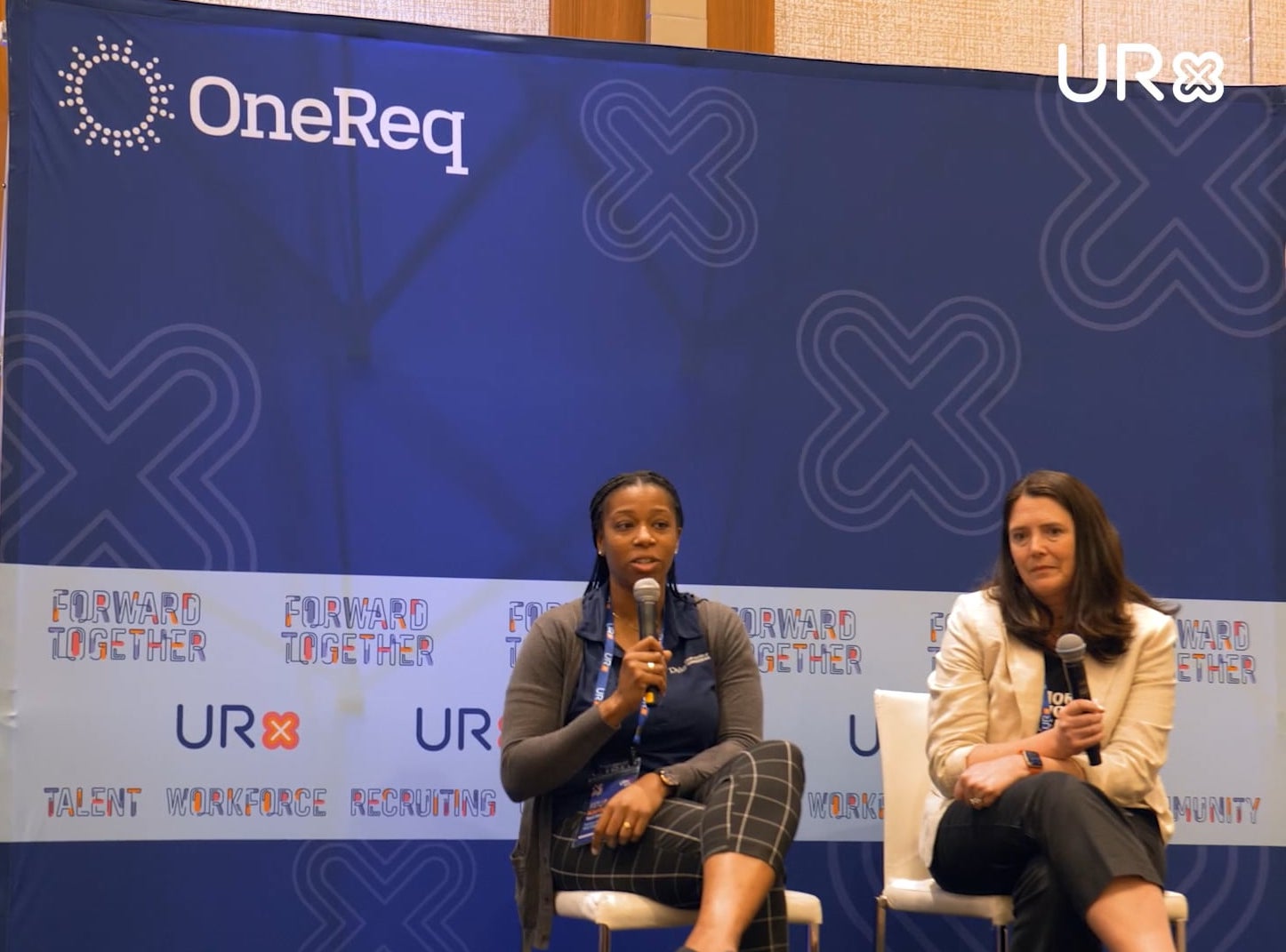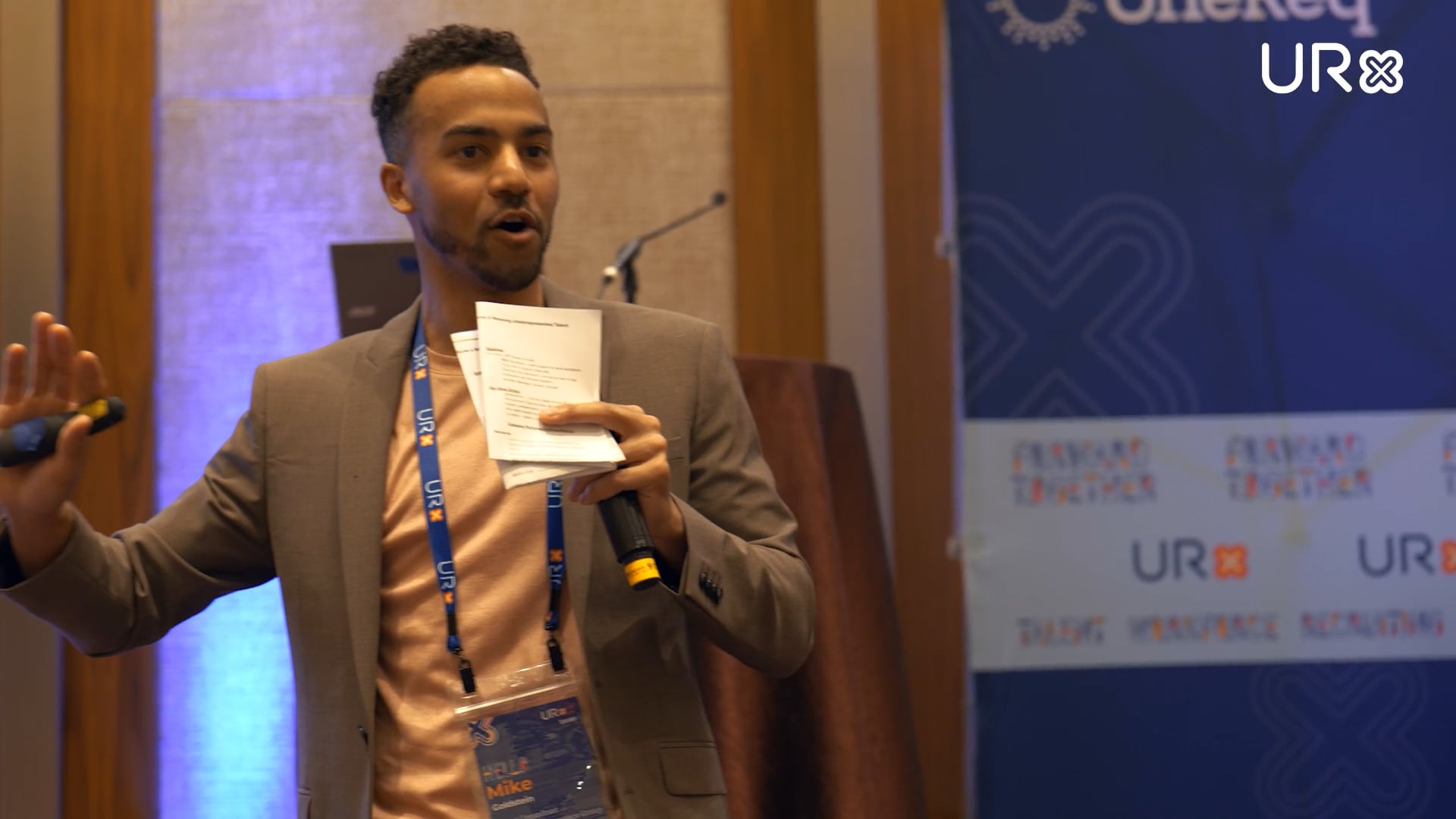BY: Emily Cardener
“We don’t want to lower the hiring bar.” How many times have I heard that as a recruiter? More than I can count. Typically the statement follows a conversation regarding diversifying our workforce, and it has always bothered me. I find the phrase rude, especially as a woman working in tech, and narrow minded.
In the past five years, and specifically in the wake of the murder of George Floyd and the Black Lives Matter movement, companies are taking harder looks at their current diversity, inclusion and equity practices. And while this awareness and action planning is taking place way later than it should, the movement is a positive one that everyone benefits. Corporations are holding themselves under a microscope, diagnosing issues and trying to create change within their organizations.
The obvious starting point for most companies is within recruiting, but with great change comes great resistance. And with that comes, “we don’t want to lower the hiring bar.” Most managers agree in principle to diversify their candidate pool, candidate slates, and overall hiring, but not at the cost of decreasing their standards.
The two problems with a “we don’t want to lower the hiring bar” mentality.
It is offensive
First and foremost, it is offensive. The spirit and intention of the phrase “lowering the hiring bar” is valid as companies want to ensure that they continue to hire high performers while keeping diversity and inclusion in mind. However, the words themselves can create toxic hiring practices, and can also be downright offensive. The implication is that those from underrepresented backgrounds implicitly are lower performing than those who are not. Is this really the messaging they want to be sending? Are we really saying that the only way to increase diversity is to hire folks who don’t meet our standards, and therefore below them?
It is a narrow minded way of thinking.
Consider a software engineering position for a recent grad. The requirements for this role have a few programming languages, tools, a CS degree from a “top” university, and a few side projects. The company probably put these requirements together based on their experiences of success within the company already. However, if we are trying to diversify from our current employee population, we need to extend the talent bar to folks from different backgrounds that still show the same aptitude and basic skills for success.
A perfect example of this could be a student that does not attend a “top” university, but rather a local state school. Perhaps they come from a different socioeconomic background than the company’s traditional profile, and need to hold a part time job to help pay for their education. Because of this, they do not have as much spare time to work on side projects, which could disqualify them from the role. Maybe they are a first generation college student. They didn’t have someone in their home to show them how to apply to universities, select the best one, and successfully balance a college workload. They also didn’t have a connection to get an internship their sophomore year. However, by being a first gen college student, they have demonstrated their determination, drive and tenacity which could be better indicators of success than a previous internship.
How do we change?
The first step is to change the language from “lowering the hiring bar” to “extending the hiring bar”. As recruiters, it is our responsibility to educate our hiring managers and business partners that great talent can come from everywhere, we just may need to move away from our traditional rivers of thinking and expand our mindset. When we do that, we expand our talent pool and create a more inclusive workforce that benefits everyone.
About the Author
Emily Cardner is the Head of Talent at Viam and when she is not writing blogs about diversity recruiting, you can find her traveling the world or at a Broadway show!




